Posts in Category: EDCI339 – Peer Response Posts


Peer Response Post #7
For this post, I will be discussing Matt’s Blog Post 4.
I loved the mention of personal experiences with OER, and I agree that youtube can be an amazing place to learn just about any skill. While I’m not into computer science, I’ve used Youtube to learn other skills such as cooking, playing instruments, and I love the channel CrashCourse, where their belief is that educational content should be available to everyone for free, aligning perfectly with the philosophies of OER.
I think Matt’s discussion of global education trends changing in the direction of OER if very important. Its awesome that governments in many countries are onboard with these initiatives; however, I think there is stil more widespread work to be done. In many geographical locations, access to the internet can be difficult, and for some, there are economic challenges to accessing online resources, even if the resources themselves are free. Moreover, digital literacy is a large hurdle for many, which makes accessing OER difficult. I wonder how we can make the OER movement all the more ubiquitous and ensure that everyone has equal access, regardless of these barriers; because after all, the point of movements such as OER is educational equity.
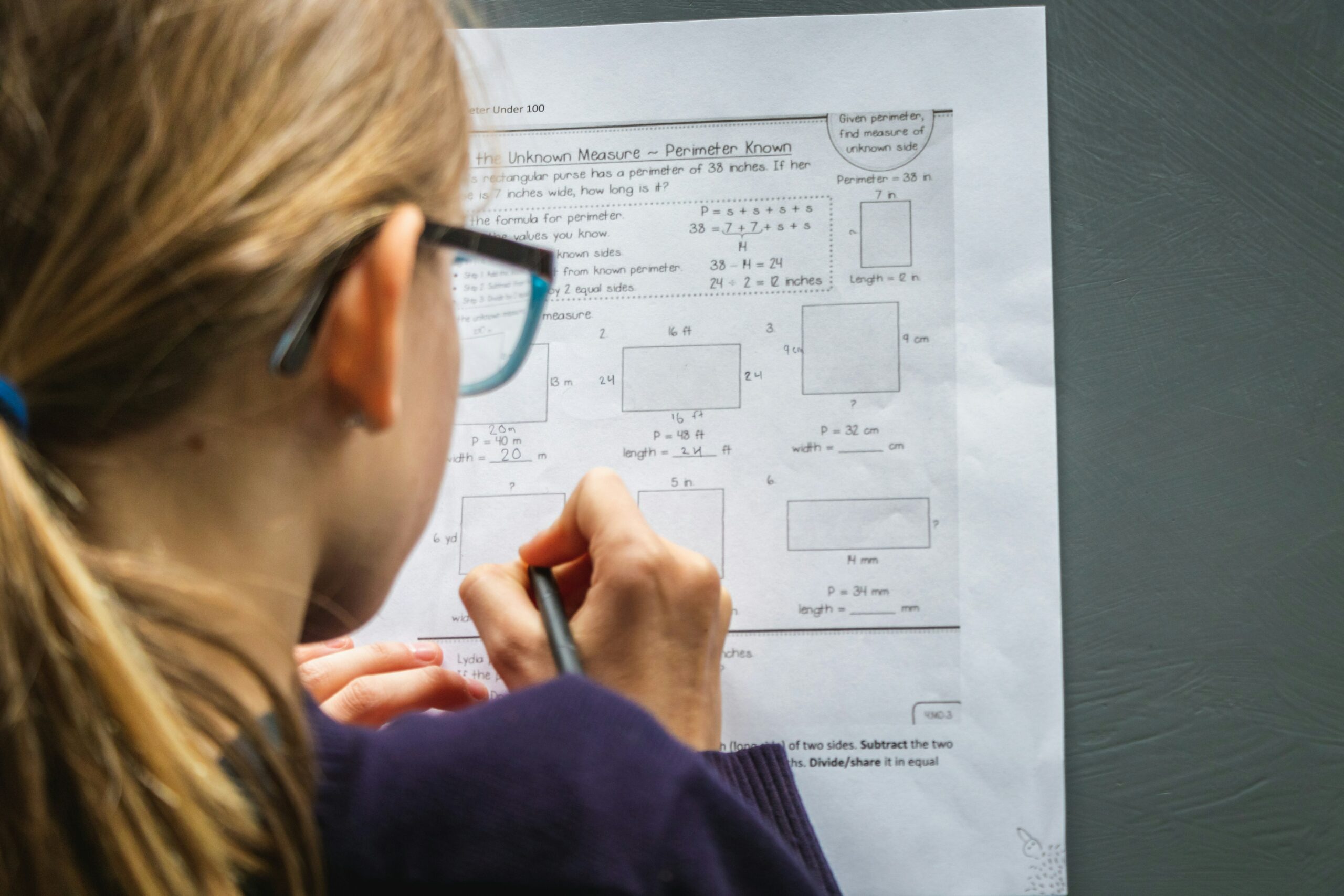
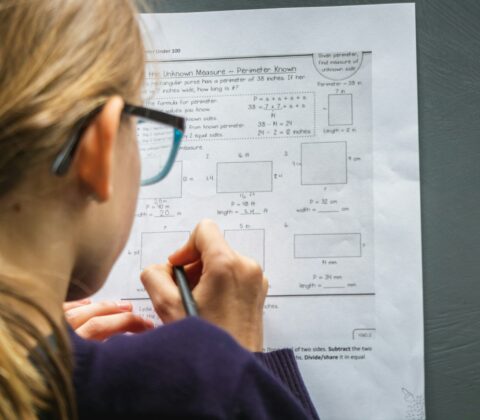
Peer Response Post #6
For this post, I will be responding to Ying’s Blog Post #4- Open Pedagogy.
Ying’s discussion of the newfound importance of inclusivity really spoke to me. It is exciting that inclusivity is becoming more of a priority in the educational landscape. Inclusivity is critical, as it reduces educational barriers, such as cost, and increases the relevance of learning materials across various cultural contexts. As more institutions adopt OER, the movement towards open access can help bridge disparities in education, addressing issues like the digital divide Ying spoke of, by promoting equal access to high quality learning materials and resources.
On the topic of open pedagogy as a whole; beyond collaboration, open pedagogy can support diverse learning styles by giving students the freedom to explore topics that they take interest in. This idea, that students can learn through their curiosity, is fundamental to a positive educational experience.
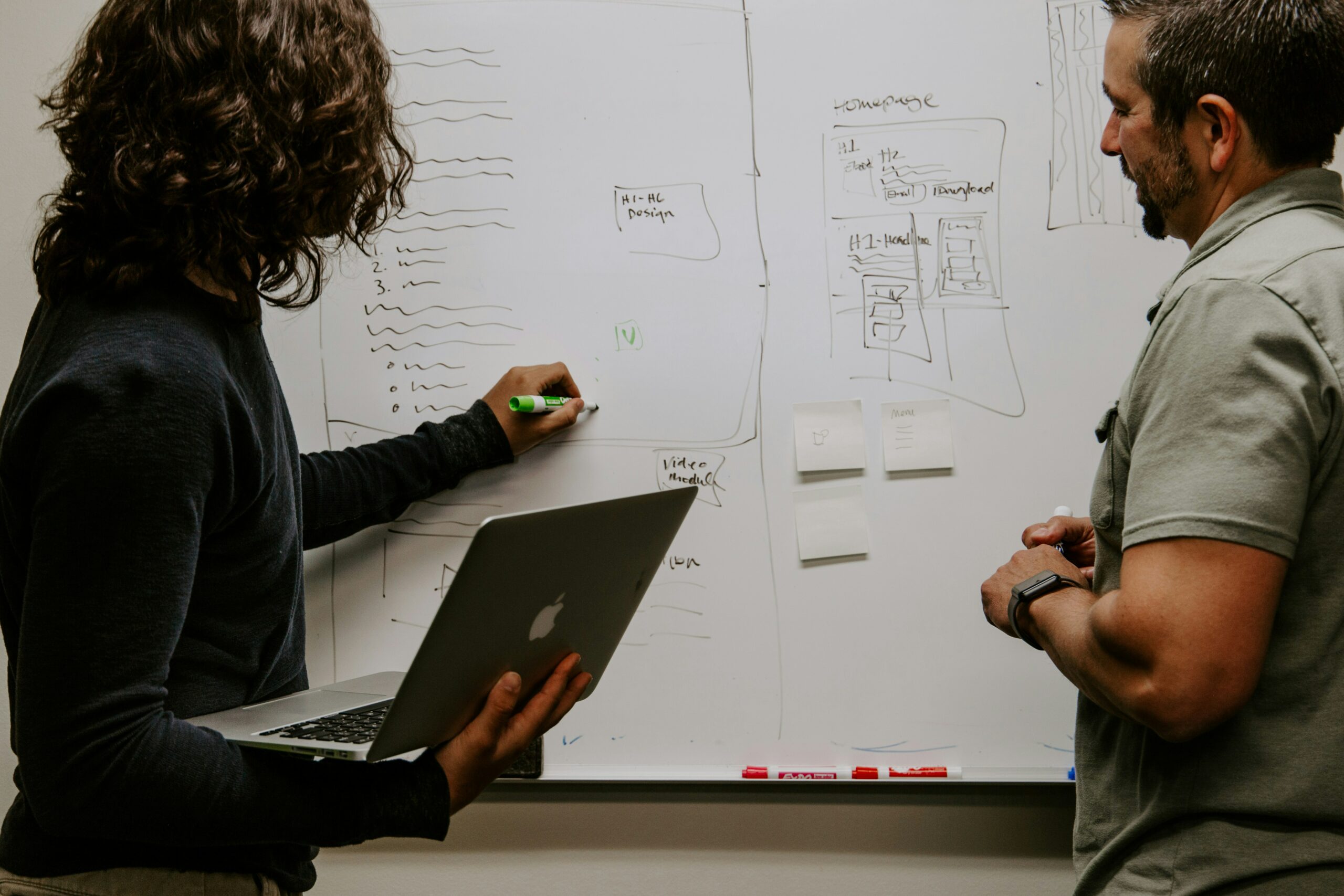
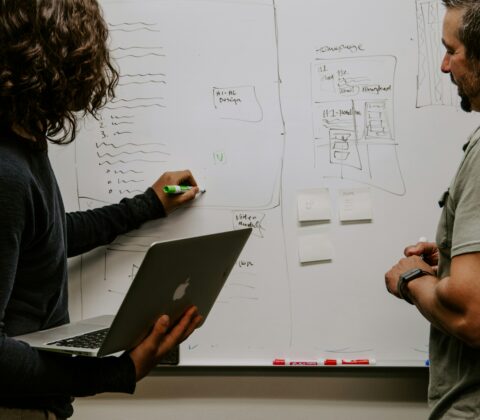
Peer Response Post #5
For this response I will be discussing Marco’s Blog Post #2 EDCI 339.
Marco’s reflections on pedagogy highlight important aspects of collaborative learning and the role of technology in enhancing our educational experiences. Technology is all around us today, and it is a very useful tool especially in pedagogy which prioritizes community and collaboration. I resonated with the experience of thriving in group projects; I love working in groups as I feel having multiple ideas from different can enrich my understanding. Marco’s insights into networked pedagogy demonstrate how diverse perspectives can challenge our viewpoints, which I think is so important today as the internet provides so many different perspectives that we all adopt.
Connectivism, as Marco mentioned, aligns well with our current learning environment, as it emphasizes the importance of engagement and knowledge-sharing. Additionally, their observations about instructors maintaining an accessible and supportive atmosphere made me think about balance in the digital world. Finding a balance between digital and in-person interactions is so important and I think it is a crucial aspect of digital literacy; without a healthy balance, we can end up feeling isolated and alone.
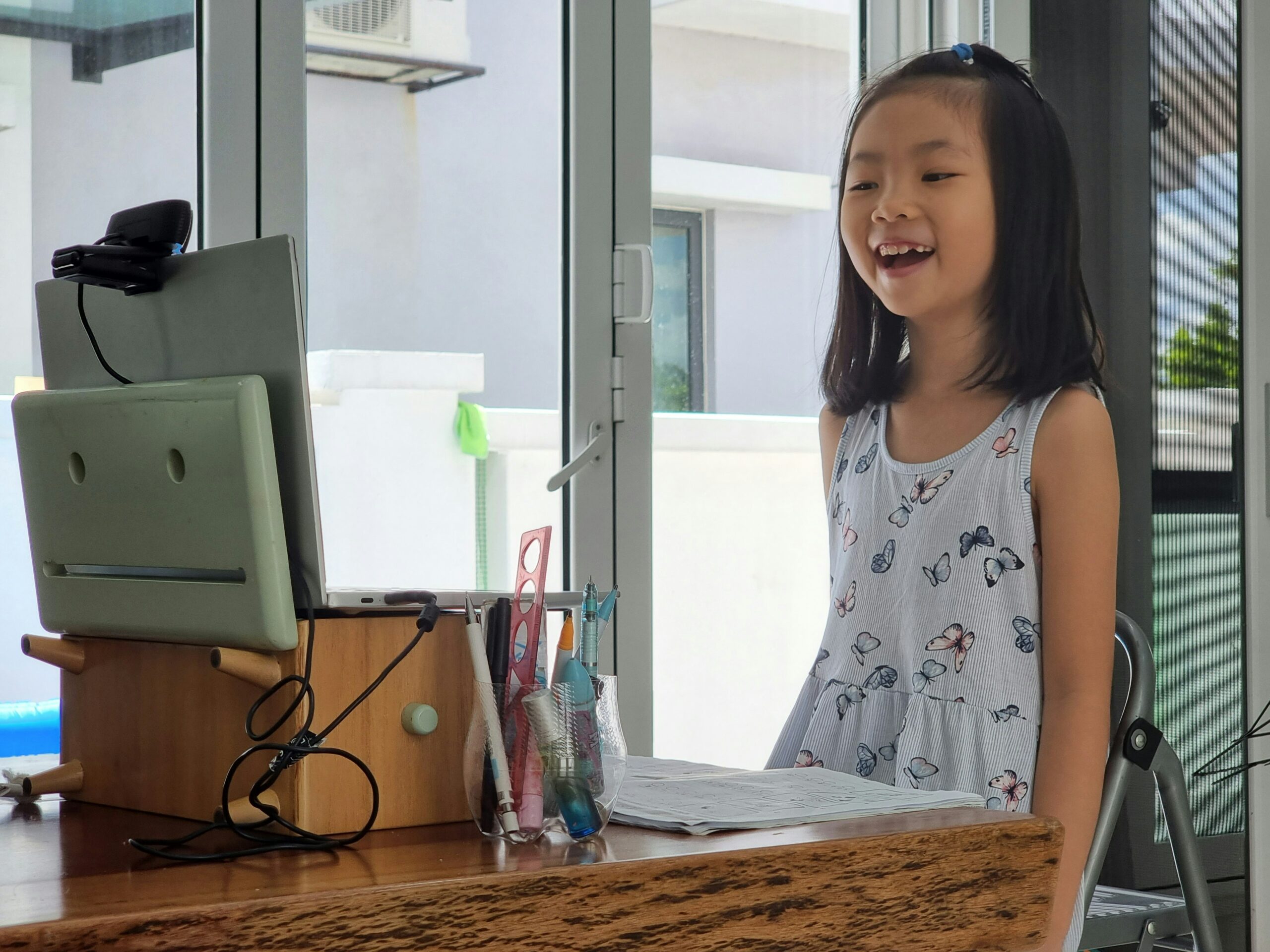
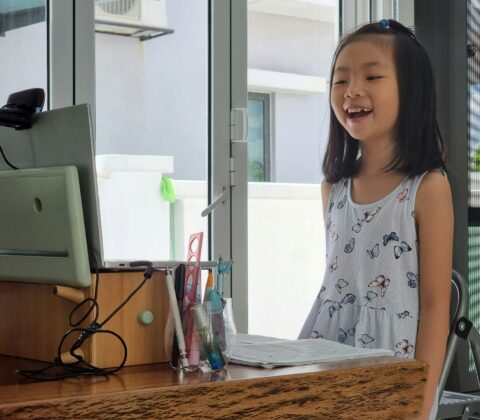
Peer Response Post #4
For this post, I will responding to Livia’s Blog #2.
Building on their discussion of pedagogy, I think it is important to recognize the role of collaborative learning in educational spaces; without collaboration, engaging in learning can be much more of a chore. Livia’s point about networked pedagogy really resonated we me; connecting with peers through platforms like the EDCI blog deepens our understanding and inspires us to refine our work. Networked pedagogy not only facilitates peer feedback but also fosters a sense of community that enriches learning. Engaging with classmates’ blogs allows for diverse perspectives and encourages critical thinking. Livia’s point considering the instructors role was very valuable to me, and it caused me to consider how online communication from instructors is vital in maintaining this collaborative environment. As we navigate digital spaces, we should be cultivating a supportive environment where constructive feedback thrives so that all learners to can grow in their educational journeys.
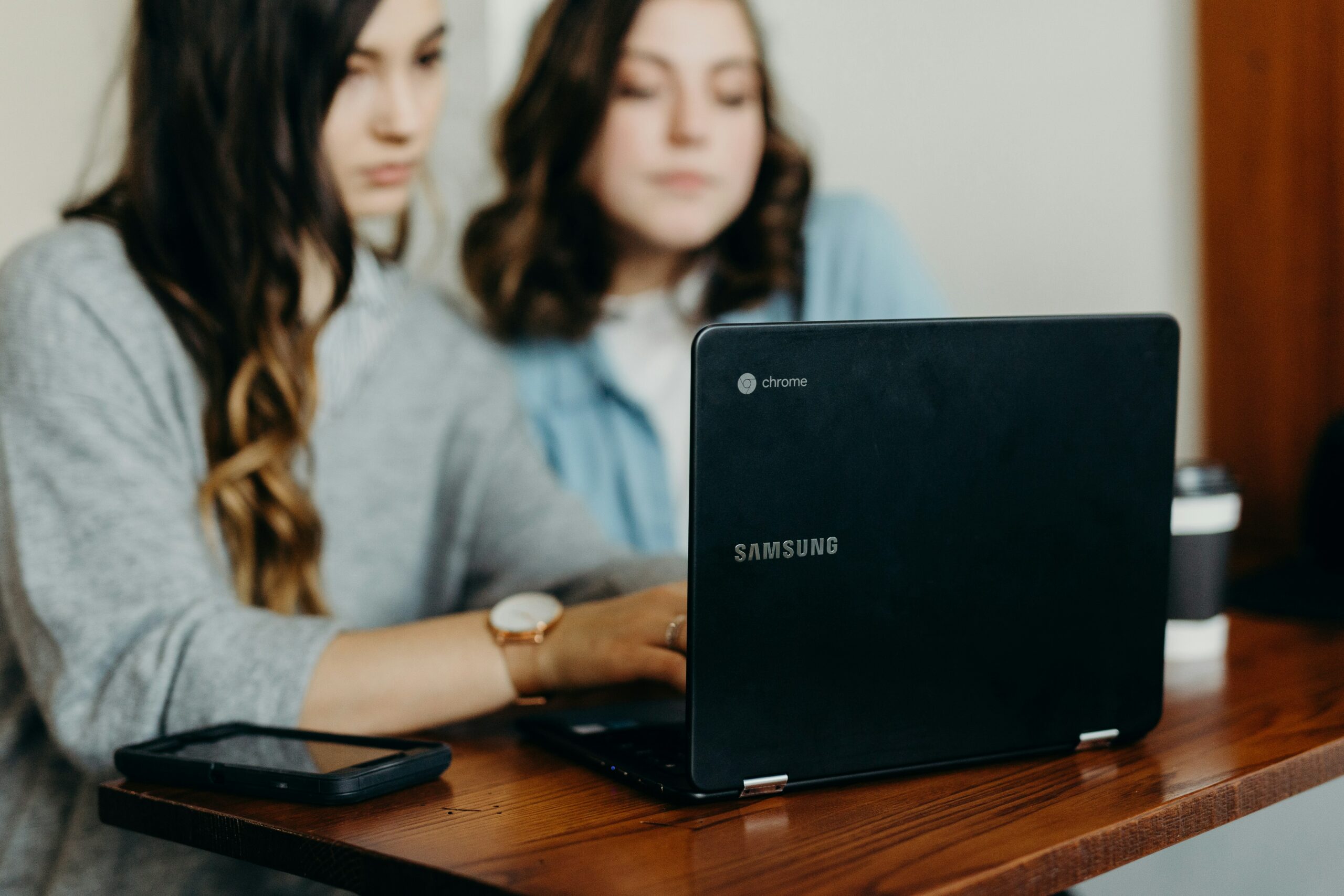
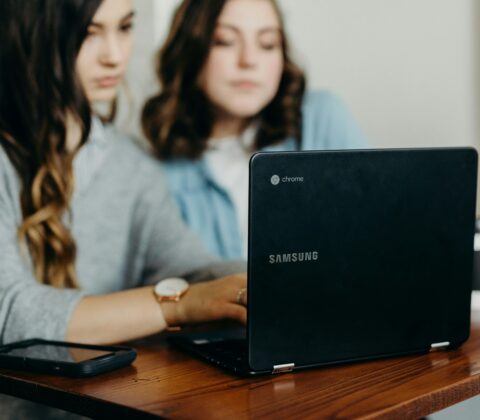
Peer Response Post #3 – Marina McLaren
For this response post, I will be discussing Emma’s Blog Post #1.
This blog post provided insightful ideas about distributed and open education, and it sparked some thoughts for me on how these models could shape the future of learning. One idea that comes to mind is the potential for personalized learning pathways. As education becomes more flexible through distributed and open models, there’s more opportunities available to tailor learning experiences to the individual’s needs and interests.
Another thought that could build on the ideas in Emma’s post is the increased opportunities for peer-to-peer learning that result from open education. Open education gives better access to education, and creates a space for collaboration between learners. With more access to resources, learners could take on teaching roles themselves, creating a more decentralized model of education. This could function through many different modes of learning, from online asynchronous to face-to-face.
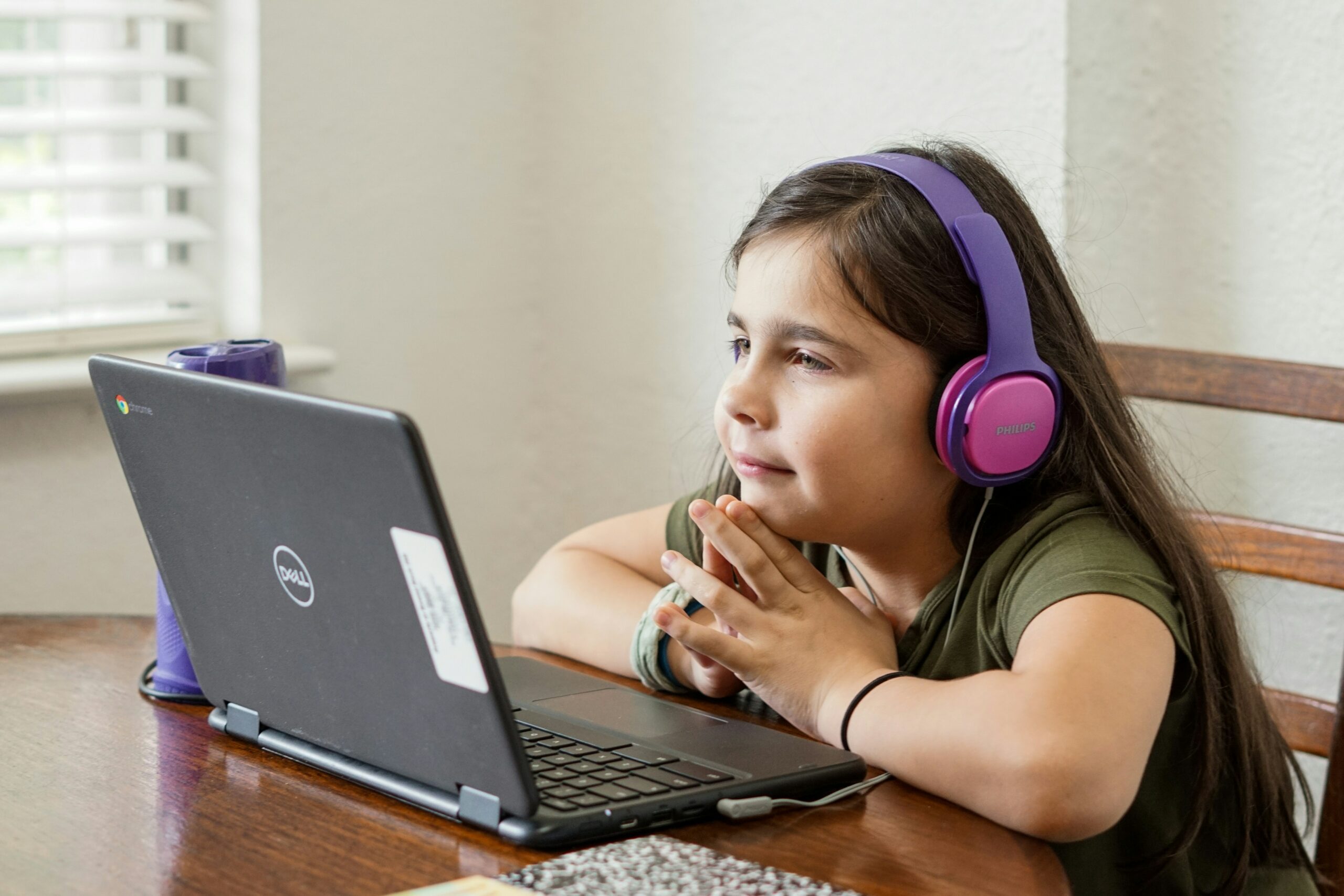
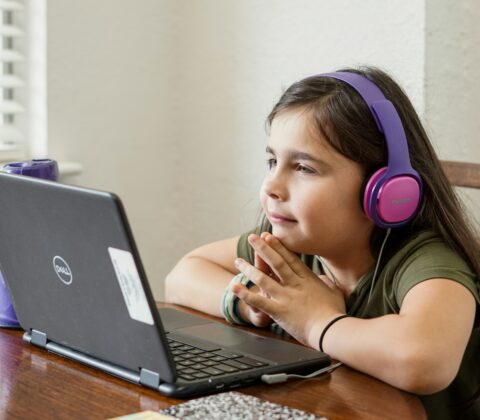
Peer Response Post #2- Marina McLaren
For this response post I will be referring to Josh Machado’s Blog post #1.
I really enjoyed reading this post. It reflects well on how education has evolved with regards to open and distributed learning. The shift from traditional, face-to-face teaching methods to a more flexible, technology-driven approach is especially interesting to me, especially in response to the COVID-19 pandemic.
The focus on digital literacy and managing one’s online identity is particularly relevant in today’s digital age. As technology becomes increasingly centred in education and every other part of daily life, effective digital literacy skills are becoming essential. This post demonstrates how online presence and contributions can also create opportunities for professional connections. The idea that an online presence can further career goals causes me to think about the future for students who are still children today, and how their digital literacy may have a profound effect over their professional futures.


Peer Response Post #1- Marina McLaren
For this response post I will be discussing Abby Watts introduction blog post.
I really appreciated the ideas put forward in this post, specifically regarding the need for open learning that is present due to financial barriers. I think the Hila Azadzoy Ted talk illustrates this point very well; technology can open doors to education for those who may have been left out of traditional systems.
Something that came to mind after reading Abby’s post was how important it is to also consider the role of infrastructure in supporting open learning. While open learning can reduce many barriers, access to technology itself (such as available internet access or connection, as well as digital literacy) can still be a challenge, especially in rural or lower-income areas. It makes me wonder how we can ensure that everyone has the tools they need to take full advantage of these opportunities.
I am also curious about how we can make online learning more interactive and engaging, as mentioned in the post. I know from experience that at times, virtual learning can feel a bit isolating, especially if its in an asynchronous mode. I think that for this reason, finding a way to build and foster a community online is absolutely necessary for a successful learning experience, for both the students and the educator.